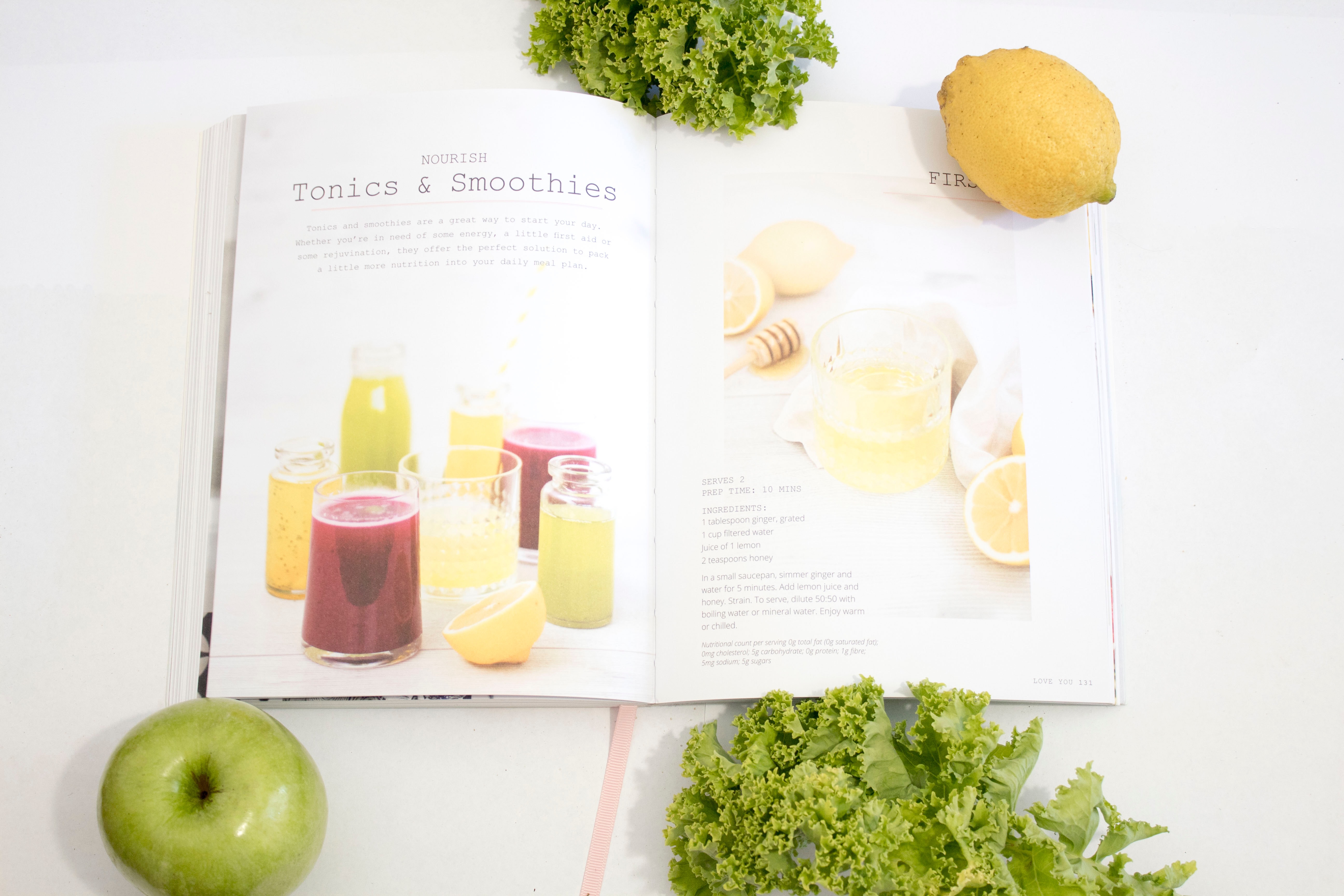Health & Hygiene • 09/20/2021
Is Juicing Healthy? Pros and Cons You Should Consider

Revivalist is a reader-supported endeavor and our posts may contain affiliate links. When you buy through links on our site, we may earn an affiliate commission.
Health fads come and go because people always want to find new ways to take care of themselves. Researching your health and how your routine affects your body is a great way to prevent illnesses or reach your goals, but it can also become harmful if the wrong fad becomes your new lifestyle. Juicing is one of the most common fads — but is it healthy?
Check out the most important pros and cons you should consider before trying the trend for yourself. Remember — always consult your doctor if you’re not sure about the potential health consequences of a diet change before making the change official.
What Is Juicing?
Juicing is a health trend that shifts your daily diet from solid foods to mostly juices. The goal is to extract nutrients from organic fruits and vegetables so your body gets them from each glass of juice that replaces an average meal. Certain foods are higher in antioxidants than others, like strawberries and raspberries. Processing them into a glass of juice makes it easier to consume more of those antioxidants and vitamins, improving the nutritional profile of your diet.
It’s mostly a popular diet for people who want to live a cleaner life. You’ll instantly cut out processed ingredients that could affect your health. When paired with other changes like opting for clean beauty products or only buying all-natural household cleaners, it will make your routine more aligned with your goals.

What Are the Pros?
Changing your diet is a significant decision. Here are a few reasons why people consider juicing as a healthy alternative to their typical meals.
You’ll Access Key Nutrients
Boxed food and processed ingredients can disrupt your gut health by preventing you from getting the nutrients you need to feel good. Vitamins and minerals supercharge your digestive system without causing inflammation that leads to gas or bloating. It’s easier to continually get these nutrients from natural sources like whole fruits and vegetables when you sip them through a straw.
You’ll Process More Toxins
Your body knows how to process toxins and remove them from your system. It’s why people go to the bathroom multiple times each day. Juicing can encourage detoxification to happen more quickly because you’ll drink more liquids.
Imagine that you just finished a homemade glass of apple juice. The liquid will flow through your digestive system and reach your liver. Your liver was already picking up toxins and removing them by sending them to your bladder through urine, but it can’t send them away quickly if you’re not drinking throughout the day.
Juicing increases your liquid intake by replacing a meal or snack with an all-natural beverage. Whether you want to enjoy a glass of cucumber water or make a glass of carrot juice, you’ll process more toxins because your body has a surplus of liquid to work with.
You’ll Strengthen Your Immune System
People who drink more natural juice will increase their nutrient intake. Depending on what foods they juice most often, they can strengthen their immune system. Fruits like oranges, tangerines and papaya contain vitamin C, which stimulates the production of antibodies that fight invading viruses. It’s a direct benefit your body will enjoy right away if you add a glass of juice to your diet.
What Are the Cons?
Before you make a major change, you need to ask yourself, “Is juicing healthy?” Even if something can make your life better, it can also become a danger if abused. Make sure you consider the cons of juicing before deciding if the lifestyle change you want is something good for your health.
It May Trigger Eating Disorders
People often begin juicing to lose weight. Cutting out solid foods reduces your calorie intake, which creates a deficit that results in weight loss. Research into this weight loss method revealed a significant connotation between people who began juicing to lose weight and those who began to suffer from eating disorders.
If you have a history of disordered eating like caloric restriction or purging, consult your doctor or a nutritionist before experimenting with juicing. It could trigger past thought patterns or behaviors and turn into a significant danger to your wellbeing.
You Might Lose Nutrients
Although organic fruits and vegetables have plenty of natural nutrients, you’ll also lose other key parts of your diet that your body needs. Juicing machines use a built-in strainer to remove pulp and possible chunks from your glass of juice. The pulp and other parts of fruit that get left behind contain essential nutrients like fiber that your body would otherwise get from whole foods like leafy greens and legumes.
Be aware that replacing one or more meals a day with juice will keep your body from whole-food nutrients that support crucial systems like your digestive tract and immune system. It’s one of the main reasons why juicing shouldn’t become a long-term diet.
You Could Gain Weight
When sugar causes your blood sugar to spike and fall, it can make you gain weight even on a juice cleanse. Sugar from store-bought fruit juice and the natural sugar found in fruits can cause this side effect. Even if your calorie intake remains under your daily goal, the sugar increase may defeat the purpose of your lifestyle change.
Is Juicing Healthy? It Depends
There are many details to consider after asking yourself about the pros and cons of juicing. Talk with your doctor about why juicing interests you to determine if it’s the best lifestyle change for your goals. Your health could benefit from drinking more nutrients and swapping processed foods for fruit juice, but only if your research and professional consultation find that to be the case.
Subscribe to Our Weekly Newsletter
We would love to connect deeper with you!


